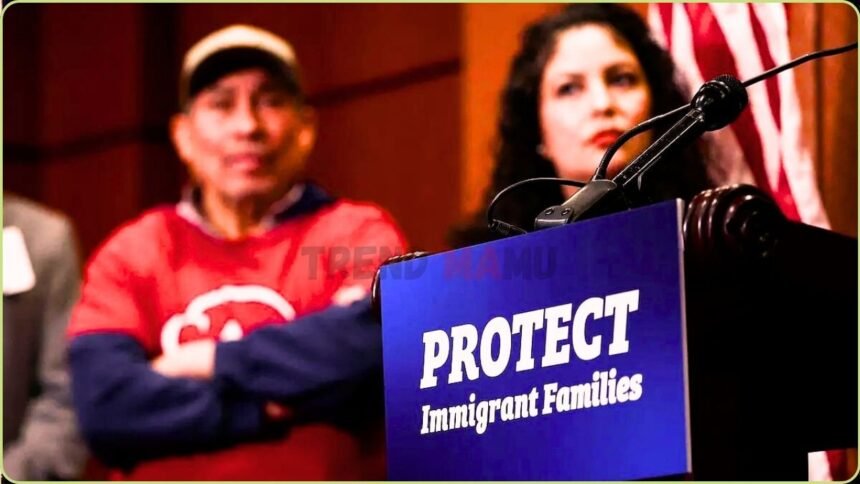Judge Blocks Trump Plan to End TPS for Haitians, Court Rejects Early End to Haitian Protections
A U.S. federal judge has blocked the Trump administration’s attempt to cut short the Temporary Protected Status (TPS) for around 521,000 Haitian immigrants. The Department of Homeland Security (DHS) had recently moved to end the program by September 2, well before its original expiration in February 2026. However, Judge Brian Cogan ruled the move unlawful.
The TPS designation for Haiti was granted after the 2010 earthquake, allowing Haitians to stay and work in the U.S. Cogan said Homeland Security Secretary Kristi Noem did not follow the procedures laid out by Congress when she tried to roll back the protections.
Judge Says Noem Overstepped Her Authority
Judge Cogan said Secretary Noem lacks the authority to partially cancel a country’s TPS designation without going through the proper legal process. He called her actions unlawful and added that the plaintiffs were likely to win the case. “Plaintiffs are likely to (and, indeed, do) succeed on the merits,” he wrote.
The judge also said the harm to Haitian immigrants—who rely on the ability to live and work in the U.S.—outweighs any potential harm to the government. Cogan is a Republican appointee, selected by former President George W. Bush.
DHS Expected to Appeal Ruling
Homeland Security criticized the ruling, saying it undermines the president’s power over immigration policy. A spokesperson argued that the TPS designation was only meant to be temporary and accused the court of interfering with presidential authority. The department expects to appeal the decision in a higher court.
Previously, Trump’s efforts to end TPS for various nationalities were blocked during his first term. The latest attempt has now met a similar roadblock.
Lawsuit Filed by Haitian Workers and Unions
The lawsuit was brought by nine Haitian TPS holders, church organizations, and a major union group. They claimed the DHS failed to review the current dangerous conditions in Haiti before trying to end the program. Haiti continues to face extreme instability, with widespread gang violence and more than a million displaced people.
Union leaders hailed the court’s ruling as an important step, though they acknowledged that the legal battle is far from over.
Broader Immigration Crackdown by Trump and Noem
The Trump administration, supported by Noem, has aggressively pursued cuts to TPS programs. Noem recently moved to end protections for 350,000 Venezuelans and thousands from Afghanistan and Cameroon. The U.S. Supreme Court allowed the end of TPS for Venezuelans in May, possibly opening the door for other rollbacks.
Critics argue these moves are part of a broader crackdown on both legal and illegal immigration. Trump has made stricter immigration laws a major goal of his 2024 campaign.
Claims of Racial Bias
The Haitian plaintiffs also accused the administration of racial discrimination. They cited Trump’s past offensive remarks about Haitian immigrants, including a false claim made during a 2024 presidential debate that Haitians in Ohio were eating pets. That comment caused widespread fear and outrage among Haitian communities.
These claims are also part of the ongoing lawsuit, which argues the policy change violates the U.S. Constitution’s equal protection rights.









